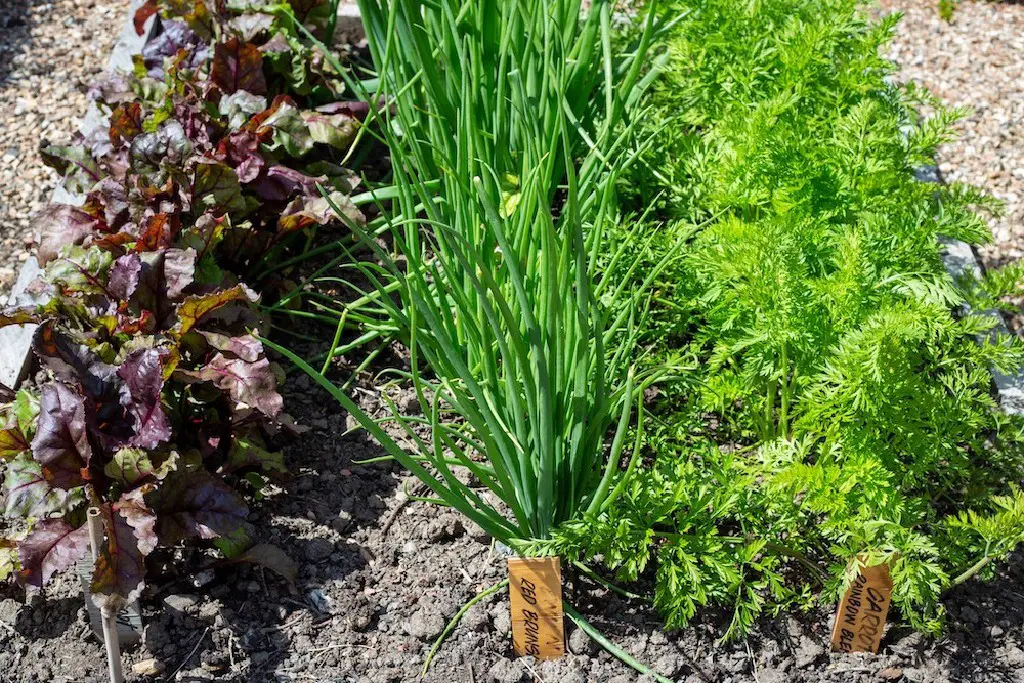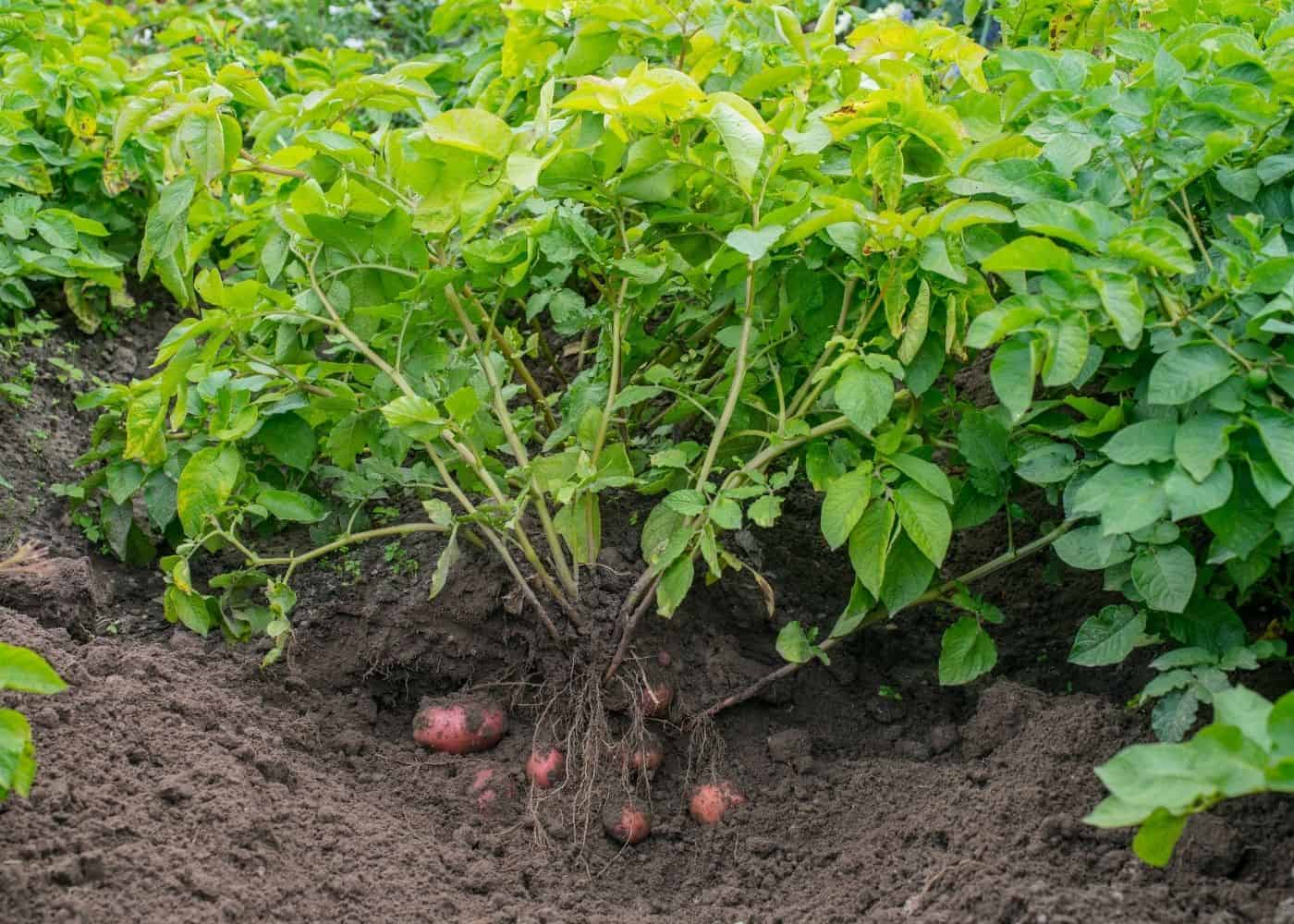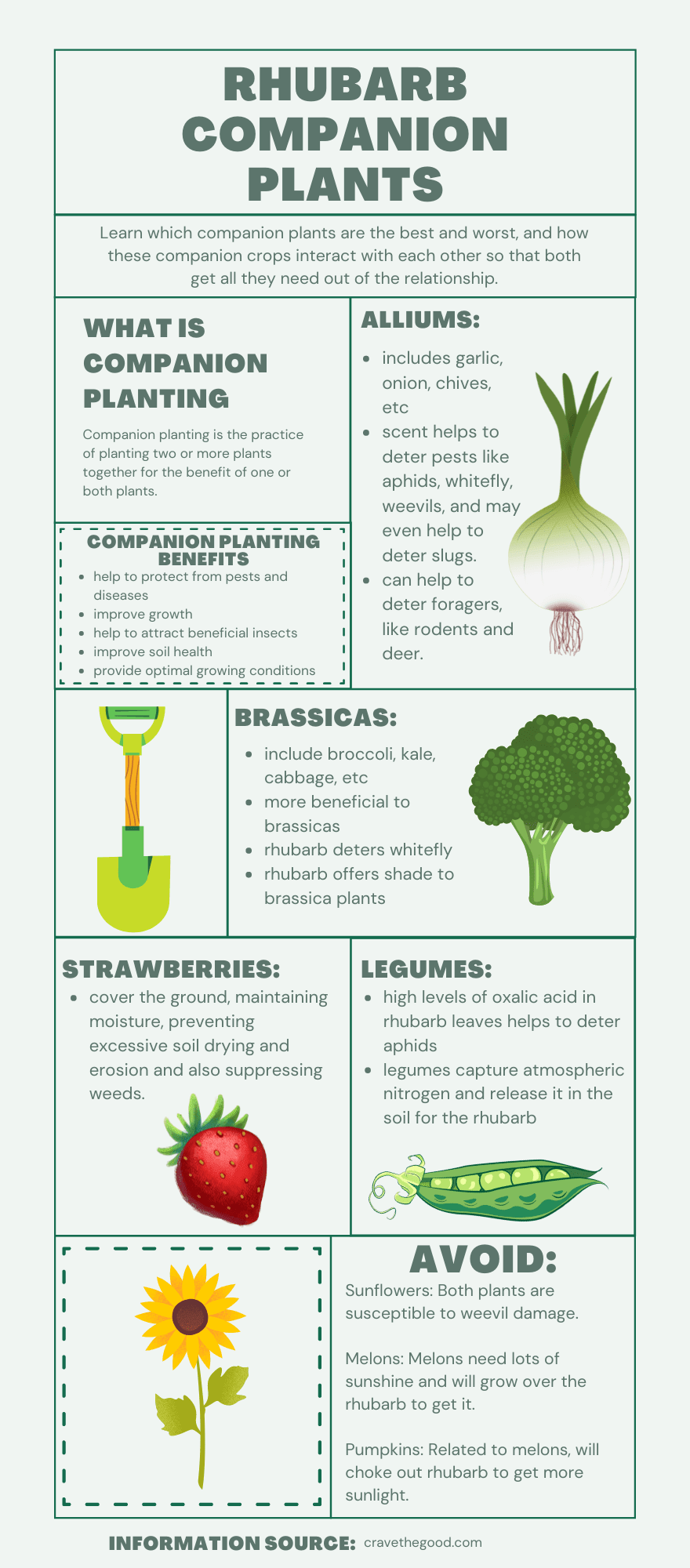Companion Plants For Garlic Chives That Will Make Your Garden Thrive
Companion Plants for Garlic Chives That Will Make Your Garden Thrive
Garlic chives are a versatile herb that can be used in a variety of dishes, from savory soups and salads to sweet desserts. They are also easy to grow and care for, making them a great choice for even beginner gardeners.
One of the best things about garlic chives is that they can be used as companion plants to help other vegetables and herbs thrive. When you plant garlic chives near certain other plants, they can help to repel pests, improve soil health, and even increase yields.
In this blog post, we will discuss some of the best companion plants for garlic chives. We will also provide some tips on how to plant and care for these beneficial herbs.
What are Companion Plants?
Companion planting is a gardening practice that involves planting certain plants near each other to benefit their growth and development. Some plants can help to repel pests, while others can improve soil quality or attract beneficial insects. By planting the right companion plants together, you can create a healthy and productive garden.
Why Are Garlic Chives Good Companion Plants?
Garlic chives have a number of qualities that make them good companion plants. First, they are known to repel pests, such as aphids, mosquitoes, and spider mites. This can help to protect other plants in your garden from these harmful insects.
Second, garlic chives can improve soil health. They release sulfur compounds into the soil, which can help to break down organic matter and make nutrients more available to other plants.
Third, garlic chives can attract beneficial insects, such as ladybugs and lacewings. These insects prey on pests, which can help to further protect your garden.
What Plants Are Good Companions for Garlic Chives?
There are many different plants that can be good companions for garlic chives. Some of the most popular options include:
- Carrots: Garlic chives can help to improve the flavor and yield of carrots.
- Tomatoes: Garlic chives can help to repel tomato hornworms and other pests.
- Beets: Garlic chives can help to improve the flavor and yield of beets.
- Strawberries: Garlic chives can help to repel slugs and other pests.
- Cabbage: Garlic chives can help to improve the flavor and yield of cabbage.
- Broccoli: Garlic chives can help to improve the flavor and yield of broccoli.
- Cauliflower: Garlic chives can help to improve the flavor and yield of cauliflower.
- Kale: Garlic chives can help to improve the flavor and yield of kale.
- Herbs: Garlic chives can be planted near other herbs, such as basil, parsley, and cilantro. This can help to attract beneficial insects and improve the overall health of your herb garden.
How to Plant Garlic Chives
Garlic chives can be planted from seeds or from divisions of established plants. If you are planting from seeds, sow them directly in the ground in the spring or fall. Seeds should be planted about 1/2 inch deep and 1 inch apart.
If you are planting from divisions, simply separate a clump of garlic chives from an established plant and replant it in a new location. Garlic chives should be planted in full sun or partial shade in well-drained soil.
How to Care for Garlic Chives
Garlic chives are relatively easy to care for. They need regular watering, especially during dry weather. They also appreciate a light application of fertilizer every few months.
Garlic chives can be harvested as needed. Simply snip off the leaves with a pair of scissors. Garlic chives can be used fresh or dried.
What Plants Should Not Be Planted Near Garlic Chives?
There are a few plants that should not be planted near garlic chives. These include:
- Asparagus: Garlic chives can stunt the growth of asparagus.
- Beans: Garlic chives can inhibit the growth of beans.
- Peas: Garlic chives can inhibit the growth of peas.
- Sage: Garlic chives can inhibit the growth of sage.
Conclusion
Garlic chives are a versatile and beneficial herb that can be used to improve the health and productivity of your garden. By planting garlic chives near compatible plants, you can create a more balanced and sustainable ecosystem.
Garlic chives are a versatile herb that can be used in a variety of dishes, from salads to soups to stir-fries. They are also a great companion plant for other vegetables, as they can help to repel pests and improve the flavor of neighboring plants.
Some of the best companion plants for garlic chives include:
- Tomatoes: Garlic chives can help to repel tomato hornworms, which are a common pest of tomatoes. They can also help to improve the flavor of tomatoes.
- Carrots: Garlic chives can help to repel carrot fly larvae, which can damage carrots. They can also help to improve the flavor of carrots.
- Broccoli: Garlic chives can help to repel cabbage moths, which can damage broccoli. They can also help to improve the flavor of broccoli.
- Cabbage: Garlic chives can help to repel cabbage loopers, which can damage cabbage. They can also help to improve the flavor of cabbage.
- Peas: Garlic chives can help to repel aphids, which can damage peas. They can also help to improve the flavor of peas.
For more information about companion planting with garlic chives, please visit Gardenia Inspiration. This website has a wealth of information on companion planting, including a list of specific plants that are good companions for garlic chives.
FAQ of companion plants for garlic chives
1. What are some good companion plants for garlic chives?
Garlic chives are a type of Allium, which is a family of plants that includes onions, leeks, and garlic. As a result, garlic chives can be planted alongside other Alliums, such as carrots, tomatoes, and potatoes. They can also be planted with flowers such as roses and lavender, as the strong scent of garlic chives can help to deter pests.
2. What are some benefits of companion planting with garlic chives?
There are several benefits to companion planting with garlic chives. First, garlic chives can help to repel pests. The strong scent of garlic chives can keep away insects such as aphids, cabbage worms, and Japanese beetles. Second, garlic chives can help to improve the flavor of other plants. When planted near tomatoes, for example, garlic chives can help to enhance the tomato's flavor. Third, garlic chives can help to improve the soil. They are a nitrogen-fixing plant, which means that they can help to add nitrogen to the soil. This can benefit other plants that need nitrogen, such as beans and peas.
3. What are some plants that should not be planted near garlic chives?
There are a few plants that should not be planted near garlic chives. These include asparagus, peas, spinach, and beans. These plants compete with garlic chives for the same nutrients, so planting them together can stunt the growth of both plants.
4. How far apart should garlic chives be planted?
Garlic chives should be planted about 6 inches apart. This will give them enough space to grow and spread.
5. How often should garlic chives be watered?
Garlic chives need about 1 inch of water per week. They should be watered deeply, but not too often. Overwatering can cause the roots to rot.
Image of companion plants for garlic chives
Here are 5 images of companion plants for garlic chives:
- Carrots: Garlic chives help to repel carrot flies, which are a common pest of carrots.

- Tomatoes: Garlic chives can help to deter tomato hornworms, which are another common pest of tomatoes.
- Strawberries: Garlic chives can help to repel nematodes, which are a type of worm that can damage strawberry plants.

- Potatoes: Garlic chives can help to repel potato beetles, which are a common pest of potatoes.

- Rhubarb: Garlic chives can help to repel aphids, which are a common pest of rhubarb.

Post a Comment for " Companion Plants For Garlic Chives That Will Make Your Garden Thrive"